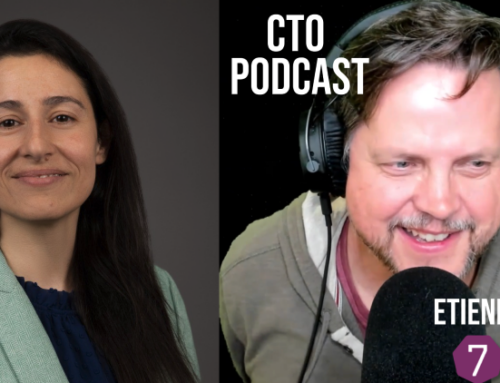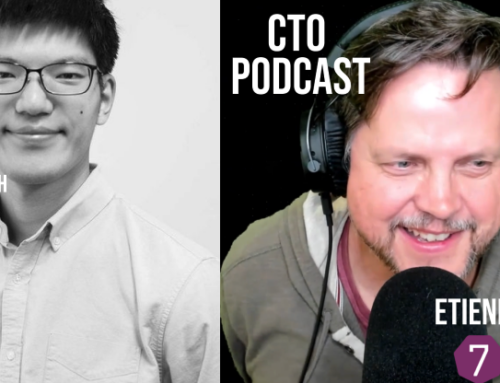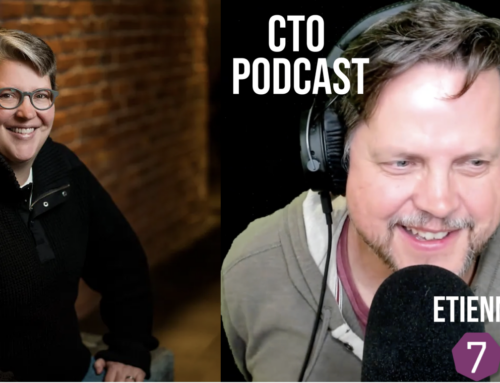DEI isn’t just an organizational to-do; it’s about the day-to-day behavior in a company. Inclusion and Equity are the things we put into practice in our daily lives – how are we inclusive of people, and how do we ensure there is equity across the board? Today, Etienne de Bruin is talking to three experts in their fields, and in the leadership of major organizations who are taking DE&I seriously. Erik Enge is the Head of Engineering at Postmark, Active Campaign. Kathy Keating the VP of Technology at Ad Hoc, and Aaron Pina is the founder of Anthropolicy. They discuss what DE and I really means, how to make it an integral part of your company, and why that matters.
They discuss:
- Diversity, Equity and Inclusion isn’t a set of checkboxes to tick off. The number of people of color or members of the LGBTQ community in your company doesn’t mean anything if their day-to-day experience of working in the organization isn’t inclusive. “If you focus on the I, the D will come.”
- Psychological safety is important, but the idea of it has de-developed equity in North America. It has kept majority culture, particularly whiteness, from fully engaging in the process and practice of inclusion. Real psychological safety is something else.
- Where do you start having the conversations about people’s biases and resistance? Aaron recommends looking at skepticism and resistance as a signal for a story that needs to be told.
- When you’re part of majority culture, what you find normal, pleasant, easy and conducive to success, it’s hard to imagine that others don’t have the same experience. Eric talks about this realization and how he acted on it.
- Trust and safety doesn’t come from doing and saying everything perfectly, it comes from creating something new. Cathy shares that she feels safety comes from “that beautiful moment when we move from your needs, my needs and where it’s about us expressing our needs.”
- Aaron talks about how the whole self doesn’t always belong at work, but spaces where you can be unapologetically yourself are vital. He recommends active bystander training and looking at how it can be applied in the world.
- Fear is a feeling you can move through – it doesn’t have to be avoided, and it doesn’t have to stop you from making changes and doing the work.
- What happens when you bring difference into your workplace ‘tribe’? It always creates friction but how you treat and respond to that friction dictates whether you grow and evolve or stagnate and eventually decay.
Resources
- The Culture Code by Daniel Coyle
- The Culture Map by Erin Meyer
- Aaron Pina on LinkedIn Instagram
- Anthropolicy Consulting
- Kathy Keating on LinkedIn
- Ad Hoc
- Erik Enge on LinkedIn
- Active Campaign
Hooks:
Diversity, Equity and Inclusion isn’t just an organizational to-do list; It’s about day-to-day behaviors.
Do you allow friction to help you evolve, or do you see it as something to be eliminated?
Out of the box diversity training can have its place, but it is no replacement for building systems, values and rituals that prioritize inclusion.




